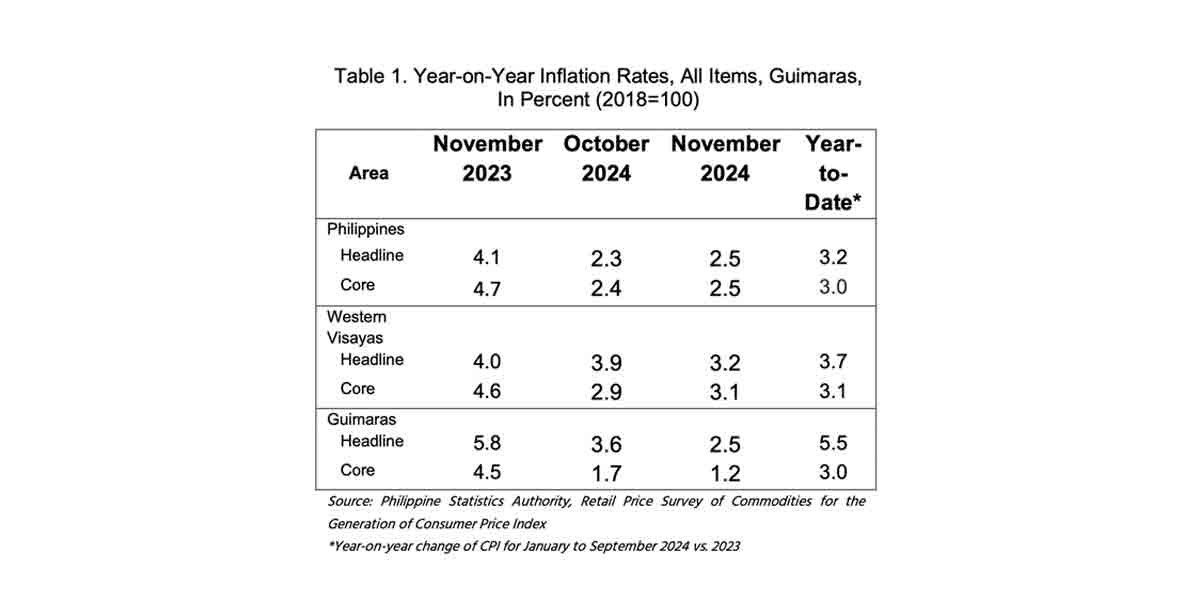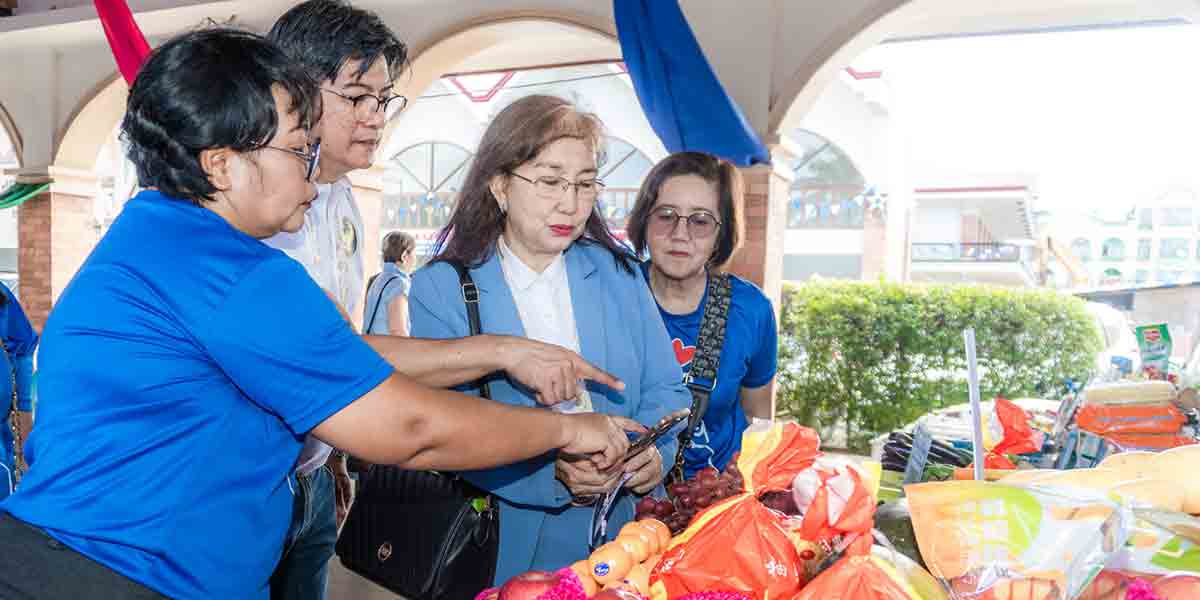
CARD Mutually Reinforcing Institutions (CARD MRI) was among the participating microfinance institutions during the Roundtable Discussion on the Impact of Regulations in Microinsurance towards Inclusive and Sustainable Development on June 25, 2019.
The event was hosted by the Insurance Commission (IC), a government institution that supervises and regulates insurance companies including mutual benefit associations in the Philippines.
Among the highlights of the event was the presentation of “Mutual Microinsurance and the Sustainable Development Goals: An impact assessment following Typhoon Haiyan,” a case study authored by Dr. Ana Gonzalez-Pelaez, fellow of the University of Cambridge Institute for Sustainability Leadership (CISL).
The case study explored the contribution of microinsurance institutions in the context of a major disaster. It discussed the efforts made by CARD Mutual Benefit Association, Inc. (CARD MBA), the microinsurance arm of CARD MRI, during the post-Typhoon Haiyan recovery.
CARD MRI Founder and Chairman Emeritus Dr. Jaime Aristotle B. Alip opened the discussion by highlighting the contribution of the study to Philippine microfinance industry. Dr. Alip referred to it as an “empirical evidence on the impact of microinsurance” to the development and rebuilding of disaster-affected communities.
“This study is an affirmation of our contribution in the continuing fight for ending poverty,” stated Dr. Alip.
An indispensable tool in rebuilding community
The CISL case study suggests that microinsurance institutions, through their development programs, have valuable contribution to the attainment of SDGs. Among these services are financial literacy programs, insurance, and capacity building among underserved communities.
Furthermore, the case study explored the success of the strategies employed by microinsurance institutions during post-typhoon recovery. One of the driving factors toward this success is the interdependence of microfinance and microinsurance. The existence of community structures, as well, particularly in the immediate validating of claims, adds up to the success of their strategies.
Lastly, the study acknowledged the importance of a supportive regulatory board. It argued that adequate regulation can contribute to the SDGs by increasing the protection of low-income communities.
“This study elevates the profile of the Philippine insurance industry, particularly the microinsurance mutual benefit associations,” said Dr. Alip in his speech.
Dr. Alip emphasized that through time, microinsurance institutions have gained trust from the public, particularly from the low-income household. As a matter of fact, 22.36 million Filipinos are insured by microinsurance institutions in the country as of 2018.
Specifically, CARD MBA contributes more than 80% of the market share in the industry. It is among the first institutions in the country that provide microinsurance products and services to low-income households.
A supplement to success
CARD has started offering microfinance services in the late ‘90s. It was, first and foremost, established to provide financial services and livelihood trainings to socioeconomically challenged women.
Its first decade saw the necessity to provide its clients services beyond microfinance. There came incidence of deaths among clients, leading to delinquencies and financial problems to their families. Through research and anecdotal evidences, CARD looked into its operations and realized the need to provide microinsurance services.
In 1999, CARD finally incorporated microinsurance in its system. In the course of its implementation, CARD realized that the success of microfinance is greater when it is linked to microfinance.
“We have anecdotal evidences of members staying with our microfinance institutions just to continue having microinsurance coverage,” said Dr. Alip.
In 2013, CARD MBA gained international attention for its operations. During the post-Typhoon Haiyan tragedy, CARD MBA has provided its insurance services to half a million members in the affected region.
“We have transitioned our members from “blind trust” to “informed trust” in terms of their microinsurance subscription,” reflected Dr. Alip. “Thus, making them champions of microinsurance in their own way,” he concluded.
As of May 2019, CARD MBA is already insuring 18.8 million Filipinos nationwide.






















